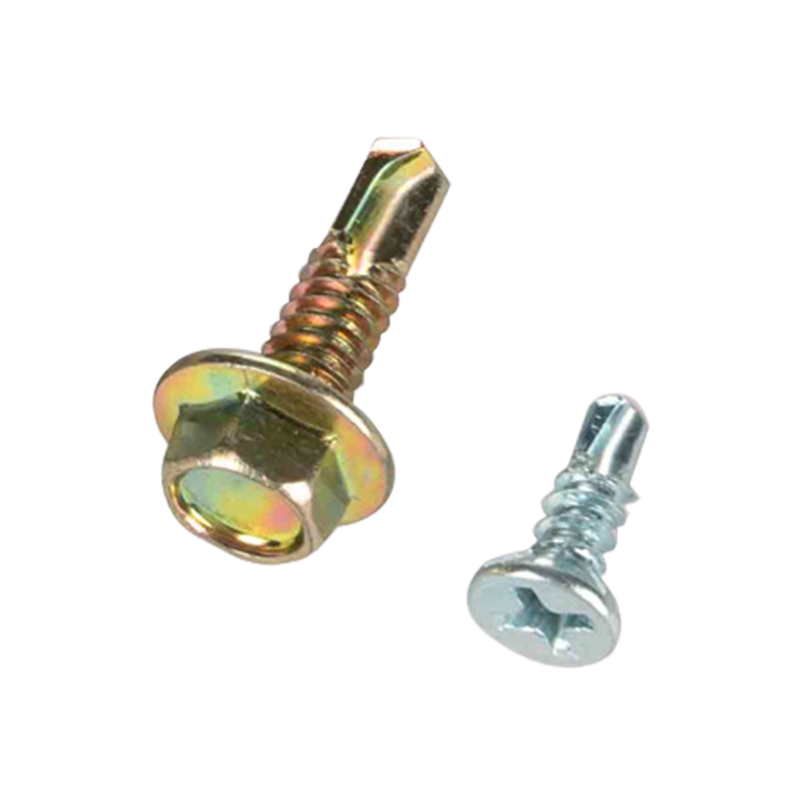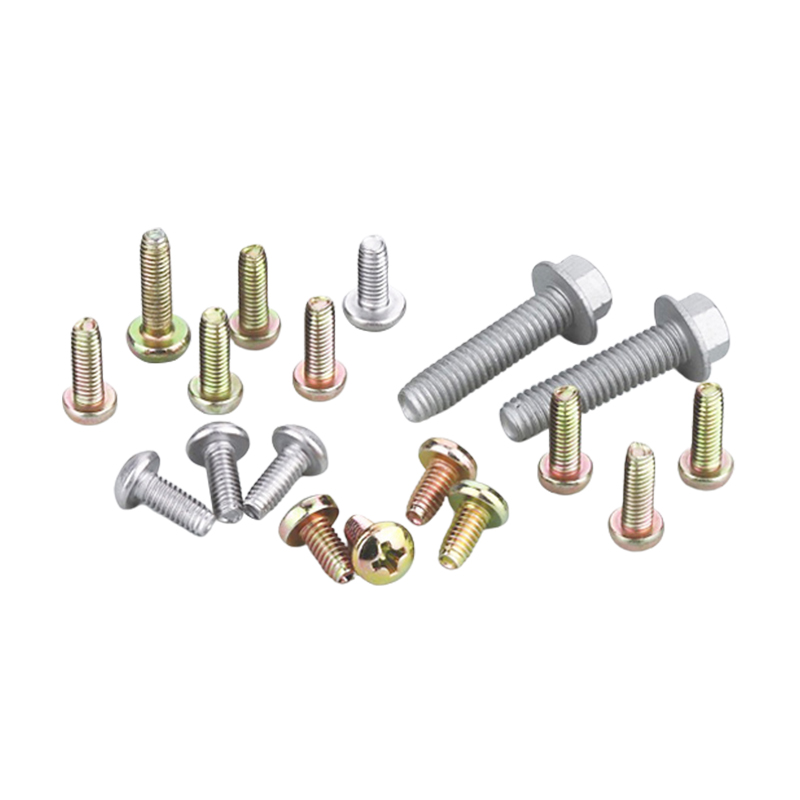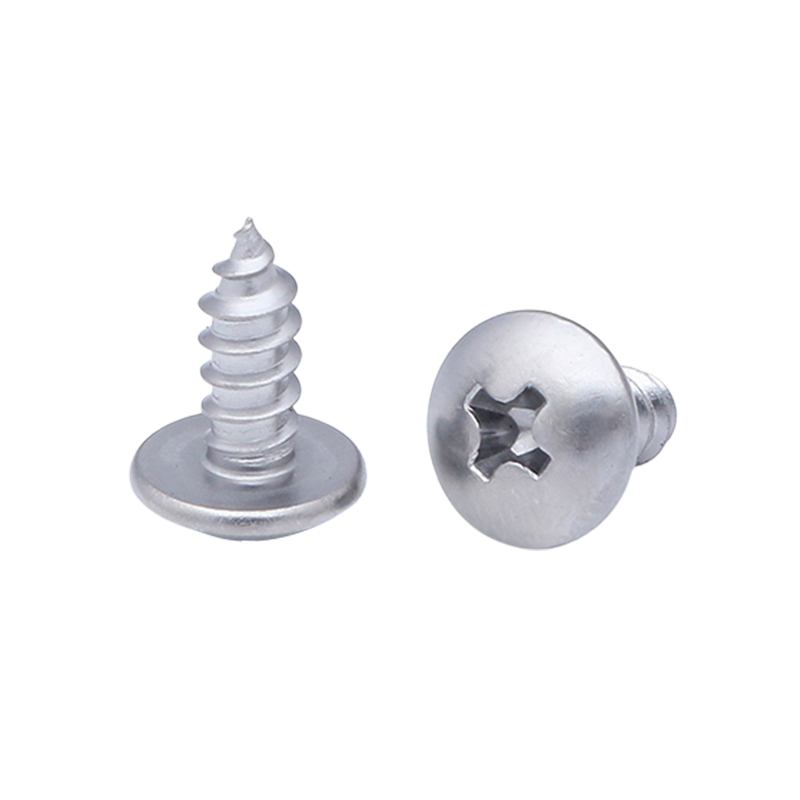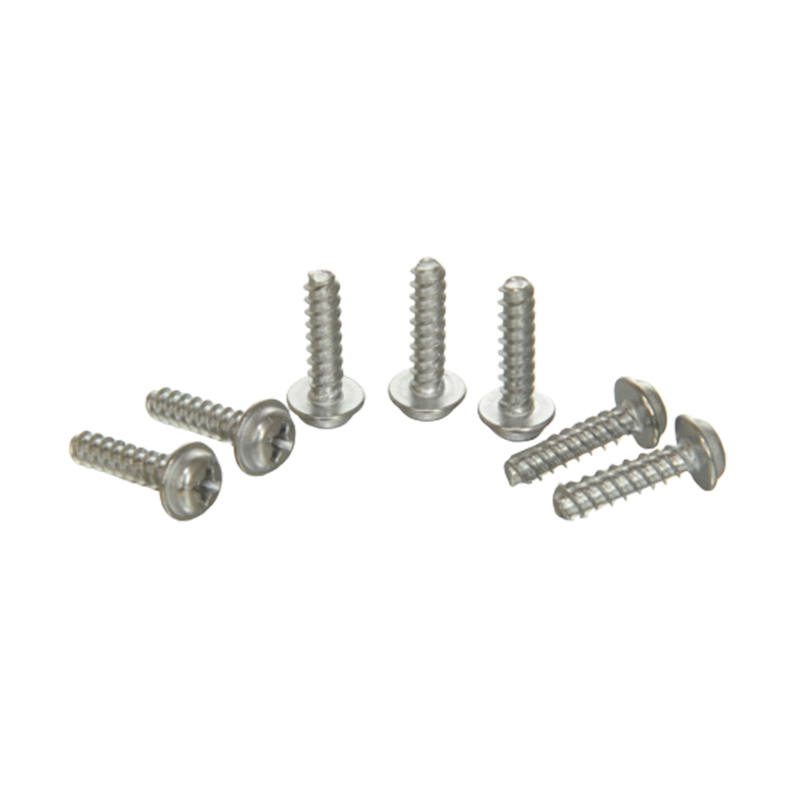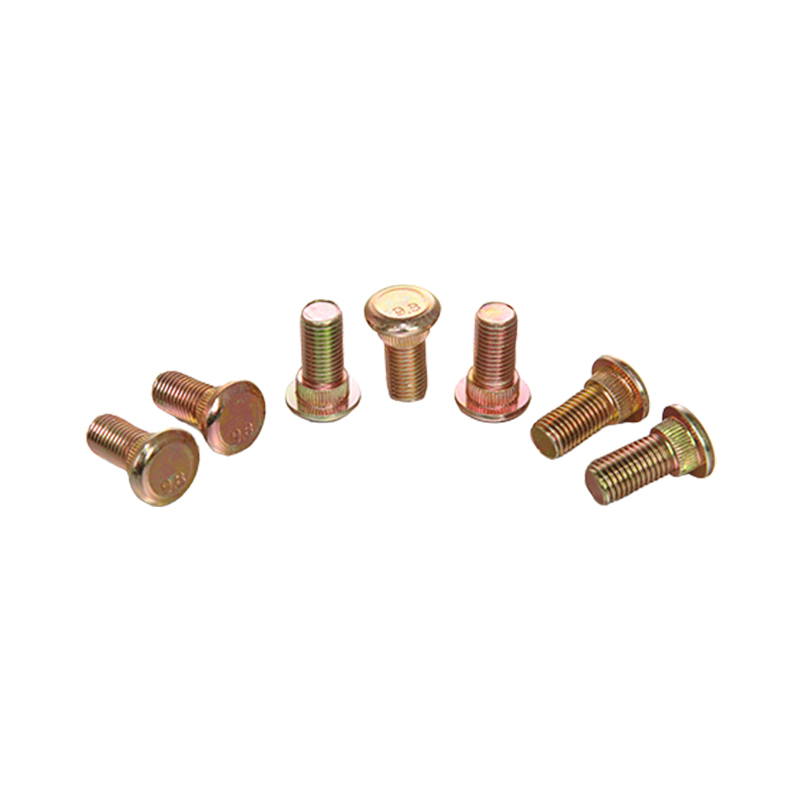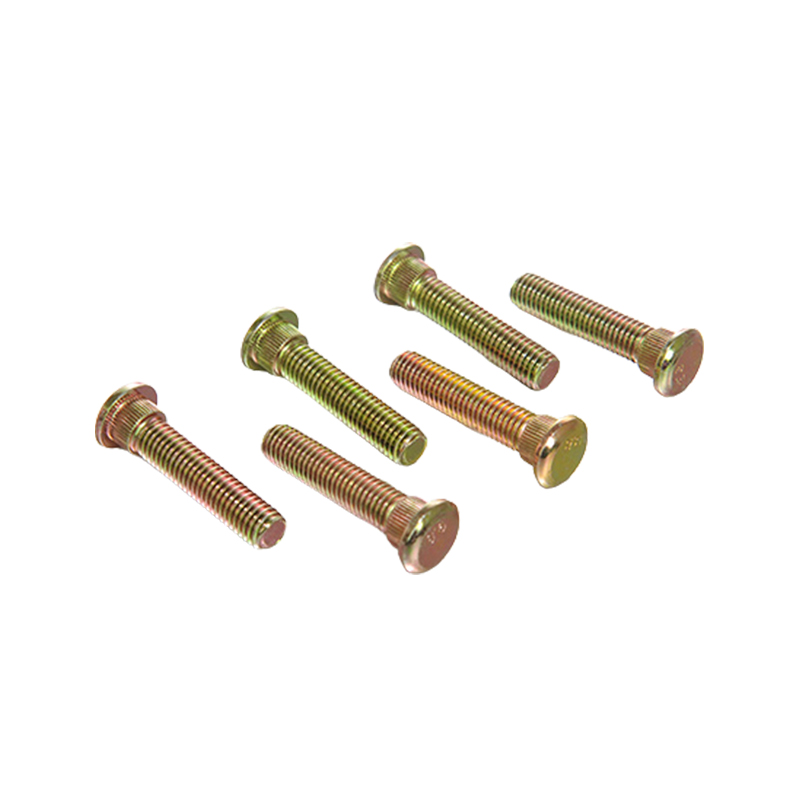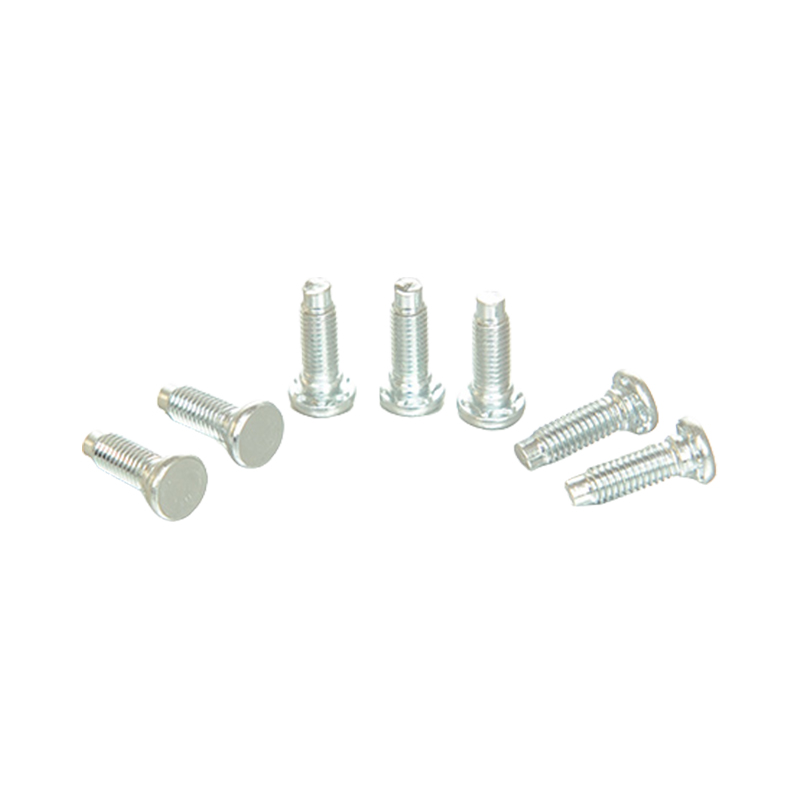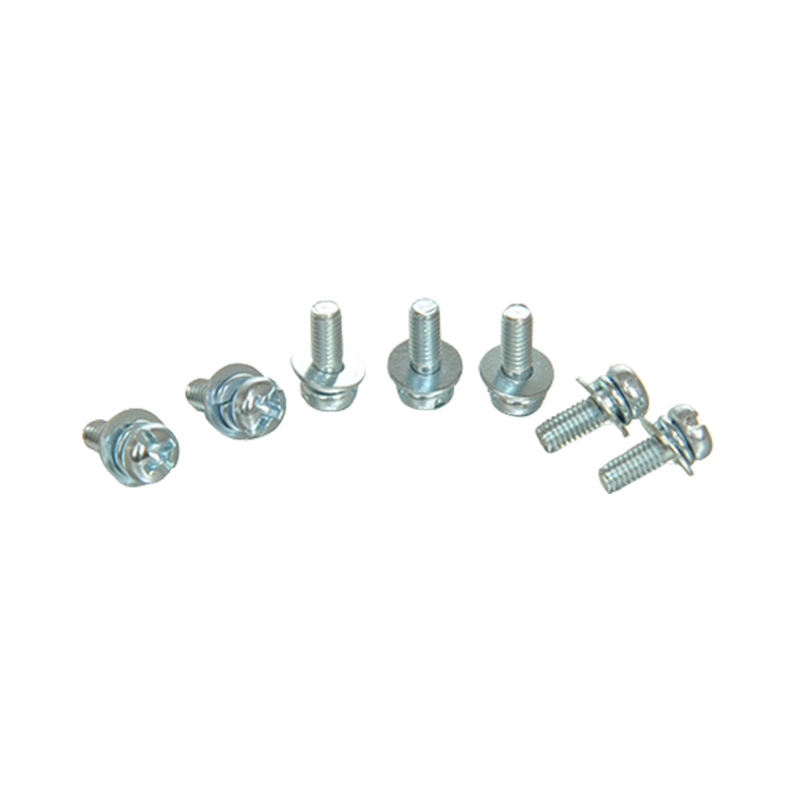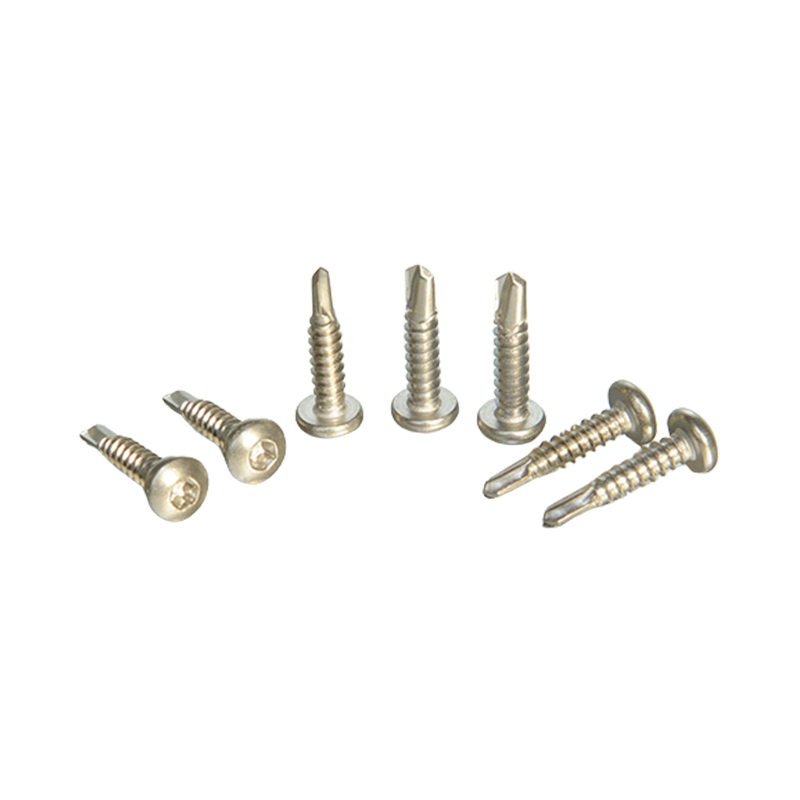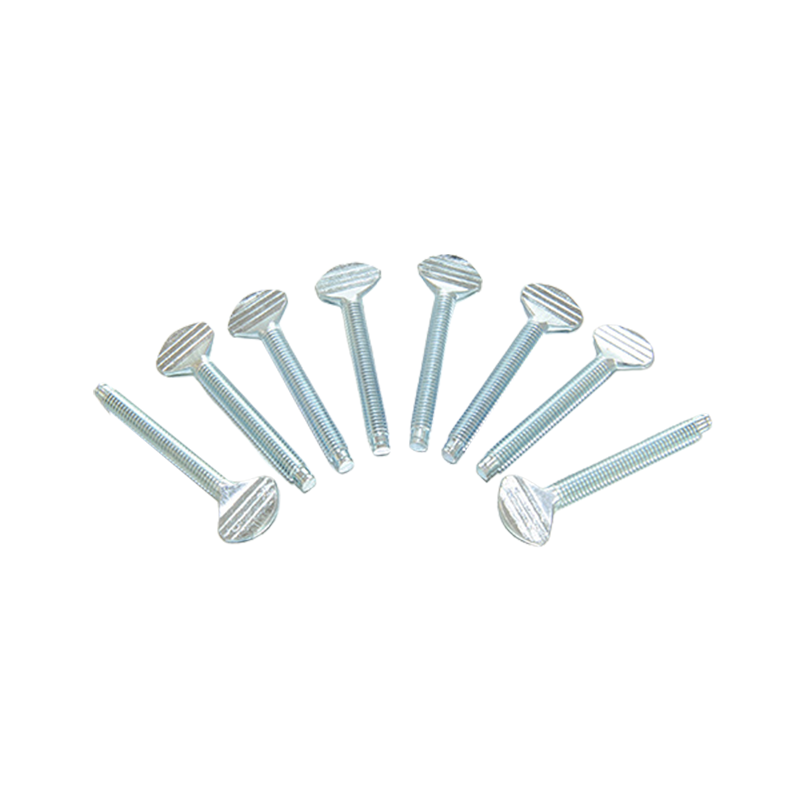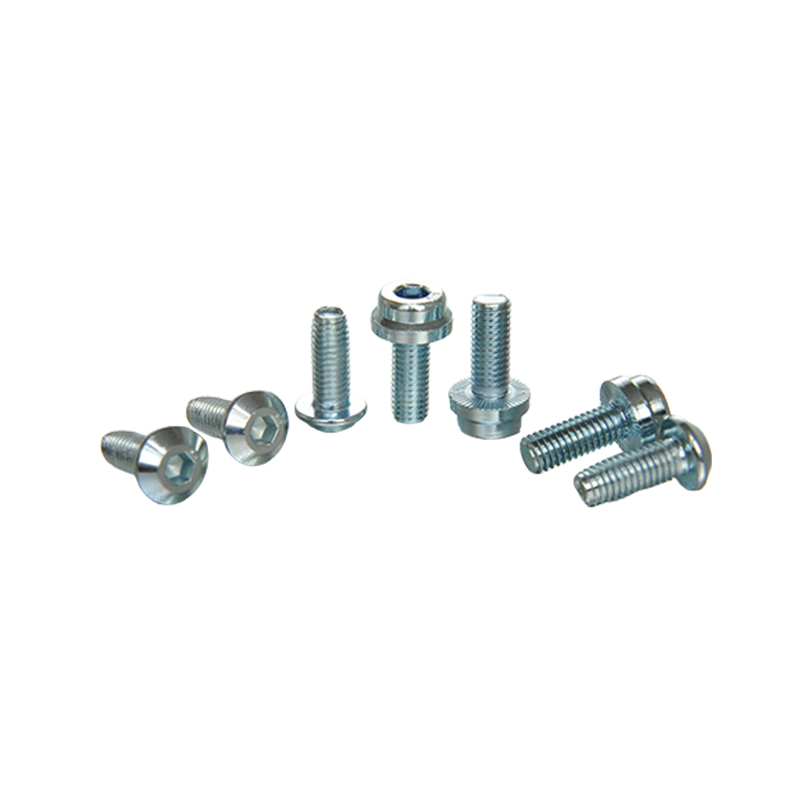Basic composition and processing characteristics of Dacromet hexagon socket screws
Dacromet is an electroless coating process based on zinc and aluminum powders in a water-based solution. The coating forms a dense protective layer by baking and has strong anti-corrosion ability. Dacromet coating is usually applied to hexagonal screws made of carbon steel. Its appearance is silver-gray or dark gray, dry to the touch and oil-free.
Compared with traditional electroplating zinc, Dacromet coating does not require an electrolytic process and does not have the problem of hydrogen embrittlement. Therefore, it has become an alternative choice in some steel structures or equipment connections that require high strength.
The significance of anti-corrosion performance to high-strength structures
In high-strength connections, anti-corrosion performance is not only to extend the life of the screws, but more importantly to ensure that the mechanical properties of the threaded engagement will not be affected by corrosion during long-term service. The salt spray resistance time of Dacromet hexagon socket screws can generally reach 240 hours or even longer (depending on the process and thickness), which is suitable for outdoor steel structures, seaside facilities, tunnel supports, wind power generation equipment and other exposed environments. In components that bear long-term loads, avoiding loose connections or damage due to corrosion has a direct impact on structural safety.
Evaluation of the impact of Dacromet coating on strength performance
Although Dacromet coating improves corrosion resistance, its thickness is usually between 8 and 12μm, which does not significantly affect the dimensional accuracy of the screw body. More importantly, Dacromet does not cause hydrogen embrittlement. For high-strength grade screws (such as grade 8.8, grade 10.9, etc.), conventional electrogalvanizing processes may introduce hydrogen during the pickling process, resulting in weakened material cohesion. However, there is no pickling or electrolysis process in the Dacromet process, so it is more suitable for the surface treatment of high-strength carbon steel screws. In some special high-torque or high-impact occasions, it is still recommended to perform mechanical verification of the screws such as tensile strength and shear strength.
Analysis of applicable fields: When to use Dacromet screws
In the following types of structures or application environments, Dacromet hexagon screws are considered suitable choices:
* Wind power tower connection: harsh environment, long-term exposure, requiring both corrosion resistance and strength;
* Automobile chassis system: bear dynamic loads, and at the same time resist corrosion such as mud, water, and salt spray;
* Steel structure frame connection: used in outdoor or humid environments, such as port shelves and communication towers;
* Railway equipment and track fastening: both stability under high vibration conditions and corrosion resistance are required.
However, in some pressure-bearing components involving extremely high preload, such as boiler high-pressure joints and bridge main structure connections, the performance of screws still needs to be evaluated according to specific project design requirements.
Precautions in installation and maintenance
When using Dacromet-coated hexagonal screws, pay attention to the following points to ensure their stable performance in high-strength structures:
*Control torque range: Some Dacromet-coated surfaces have low friction coefficients, and the torque parameters must be set according to the actual friction value;
*Avoid repeated loading and unloading: Tightening repeatedly may wear the coating and reduce corrosion resistance;
*Select similar anti-corrosion nuts: It is recommended to use Dacromet-treated or other plating compatible nuts to avoid electrochemical corrosion;
*Store in a dry and ventilated environment: Avoid stacking in a humid or acidic or alkaline environment to avoid damaging the surface coating;
Test according to project requirements: It is recommended to use salt spray testing, coating thickness testing and other means for verification of key parts.


